OU News
News from The Open University
- Home
- Category: Space
Category: Space
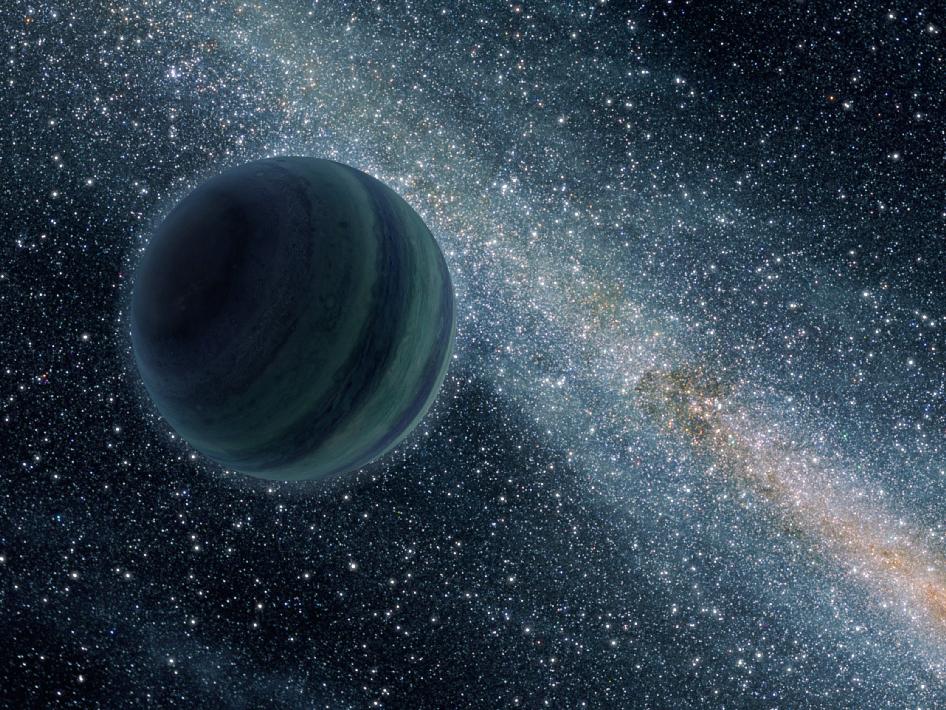
New free-floating planet population spotted by “elderly” telescope
Tantalising evidence has been uncovered for a mysterious population of “free-floating” planets, planets that may be alone in deep space, unbound to any host star. The results include four new discoveries that are consistent with planets of similar masses to Earth, published today in Monthly Notices of the Royal Astronomical Society. The study, led by […]
Read more about New free-floating planet population spotted by “elderly” telescope
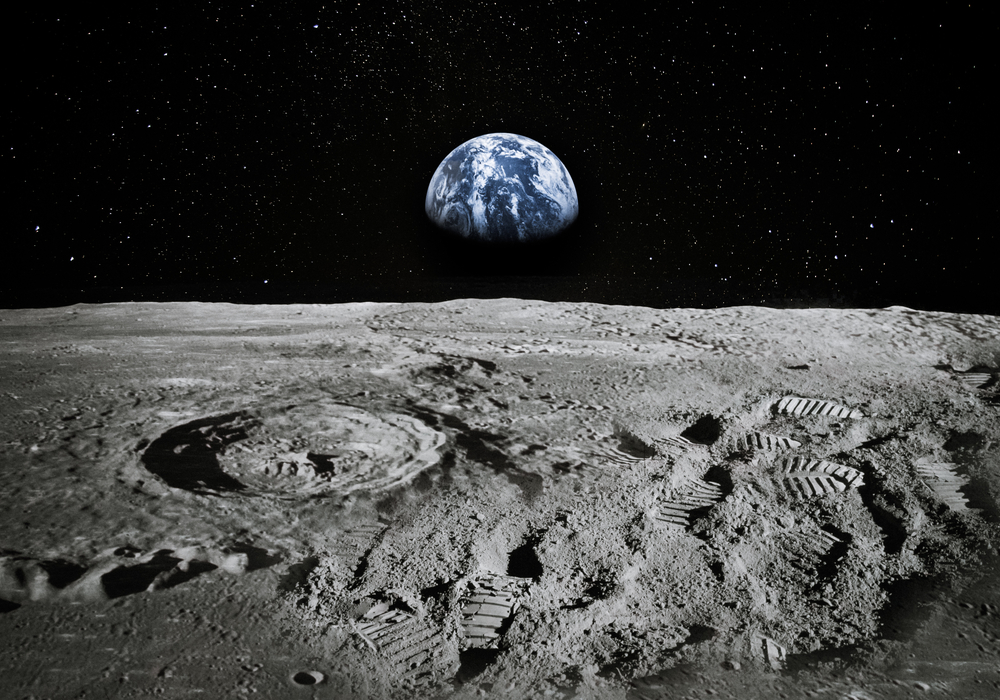
UK scientists join NASA’s first steps back to the Moon – and onward to Mars
A team of scientists from The Open University (OU) and RAL Space are collaborating with ESA and NASA to investigate the occurrence and behaviour of water on the Moon. Led by the OU’s Dr. Simeon Barber, the UK team has developed a sophisticated analytical instrument known as the Exospheric Mass Spectrometer (EMS) under a contract […]
Read more about UK scientists join NASA’s first steps back to the Moon – and onward to Mars

Lunar samples record impact 4.2 billion years ago that may have formed one of the oldest craters on the Moon
An international team of researchers led by The Open University (OU) has provided the first sample-based evidence, which they argue reflects the age of the Serenitatis Basin – one of the oldest craters on the Moon. The formation and ages of the lunar basins and craters, created during large collisional impact events during the first […]
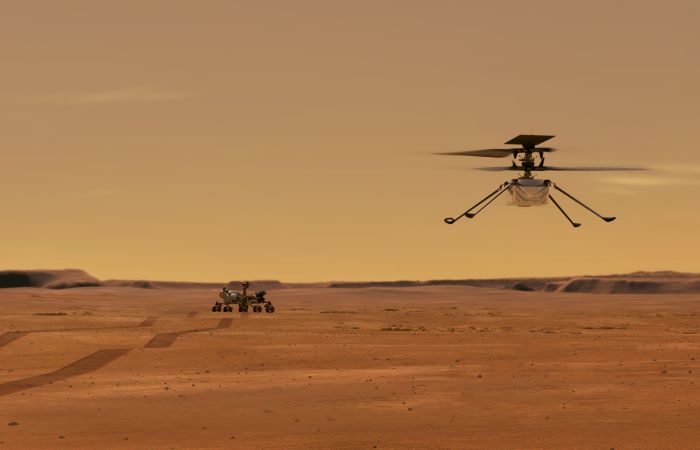
Mars: how Ingenuity helicopter made the first flight on another planet
Written by Monica Grady, Professor of Planetary and Space Sciences, The Open University Imagine that you are flying a model helicopter or a drone. You are there with the auto controls. You switch them on. The rotors start to turn, gradually increasing their spin. You watch, then push the control for lift. Your helicopter rises, hovers, […]
Read more about Mars: how Ingenuity helicopter made the first flight on another planet
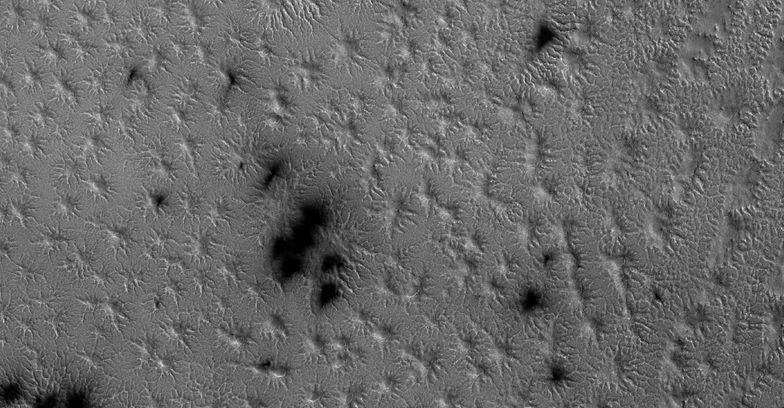
Ice, sand and the spiders from Mars in the laboratory
Open University researchers have recreated the formation of spider-like patterns on Mars in their laboratory, which provides the first physical evidence that these features can be formed by a unique process unlike anything seen on Earth. In a paper published in Nature Scientific Reports, led by OU Postdoctoral Research Associate, Dr Lauren McKeown, the team […]
Read more about Ice, sand and the spiders from Mars in the laboratory
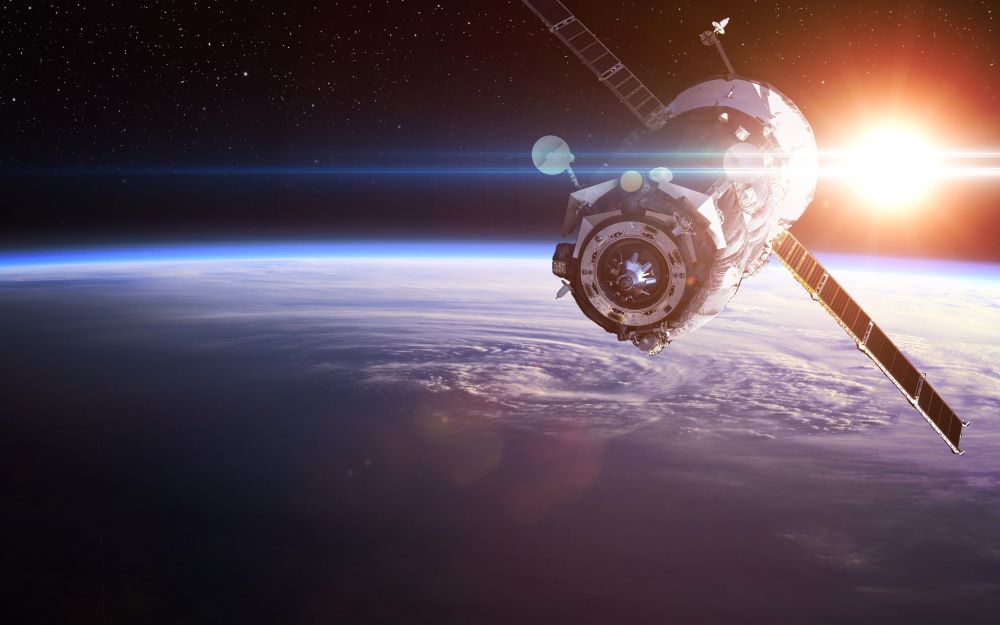
OU receives slice of £1m Government funding to enhance space technology
The Open University (OU) is leading on one of five UK space projects awarded over £1 million by the Government as part of its efforts to boost international innovation. The National Space Innovation Programme (NSIP) International is the first fund dedicated to supporting the UK space sector through collaborations with international partners, designed to contribute […]
Read more about OU receives slice of £1m Government funding to enhance space technology
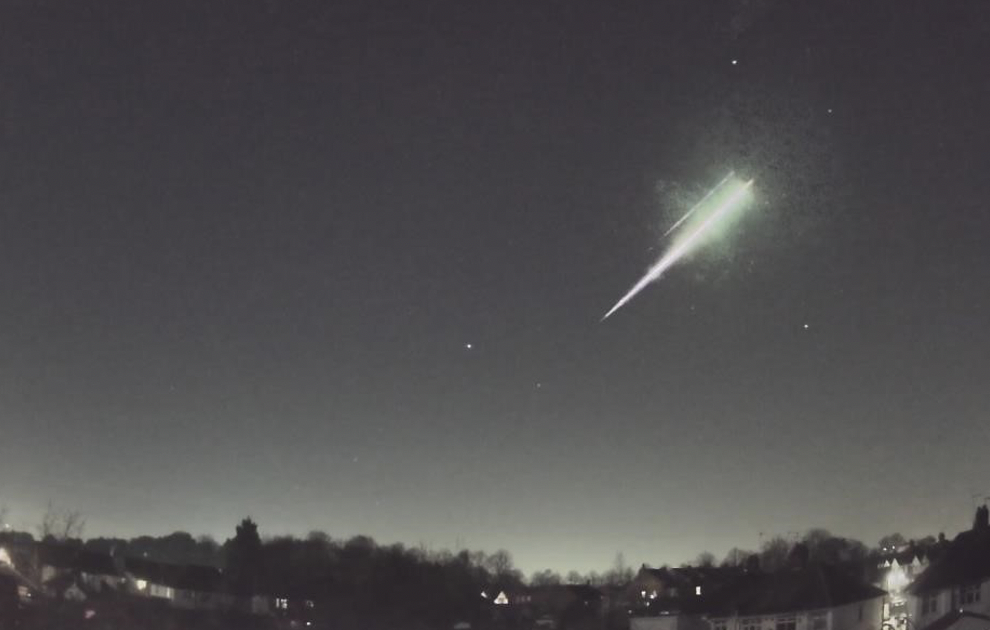
How scientists found rare fireball meteorite pieces on a UK driveway – and what it could teach us
by Monica Grady, Professor of Planetary Sciences, The Open University As people in the UK were settling down to watch the late evening news on February 28, a fresh news story, quite literally, appeared in the night sky. A large and very bright fireball was seen over southern England and northern France at 21:54 GMT. […]
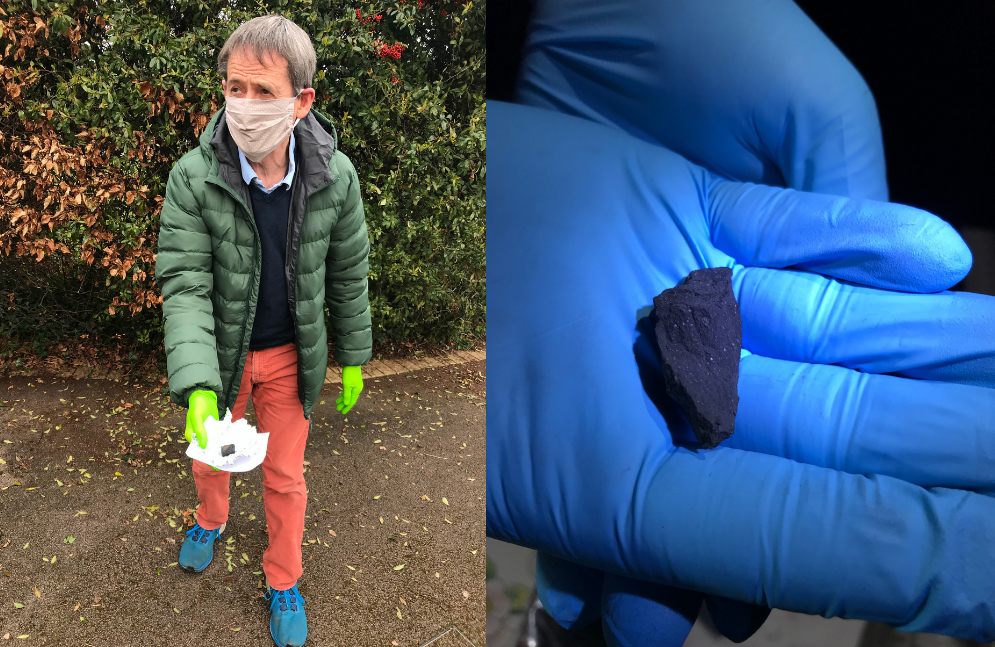
Unimaginable: The first scientist to confirm and identify extremely rare meteorite that fell to Earth
Just over a week ago on Sunday 28th February at about 10pm a bright fireball lit up the sky. This was seen by over 1,000 eyewitnesses across the UK and northern Europe and the event was captured on meteor cameras and home surveillance systems. This created a flurry of excitement in the hunt for any […]
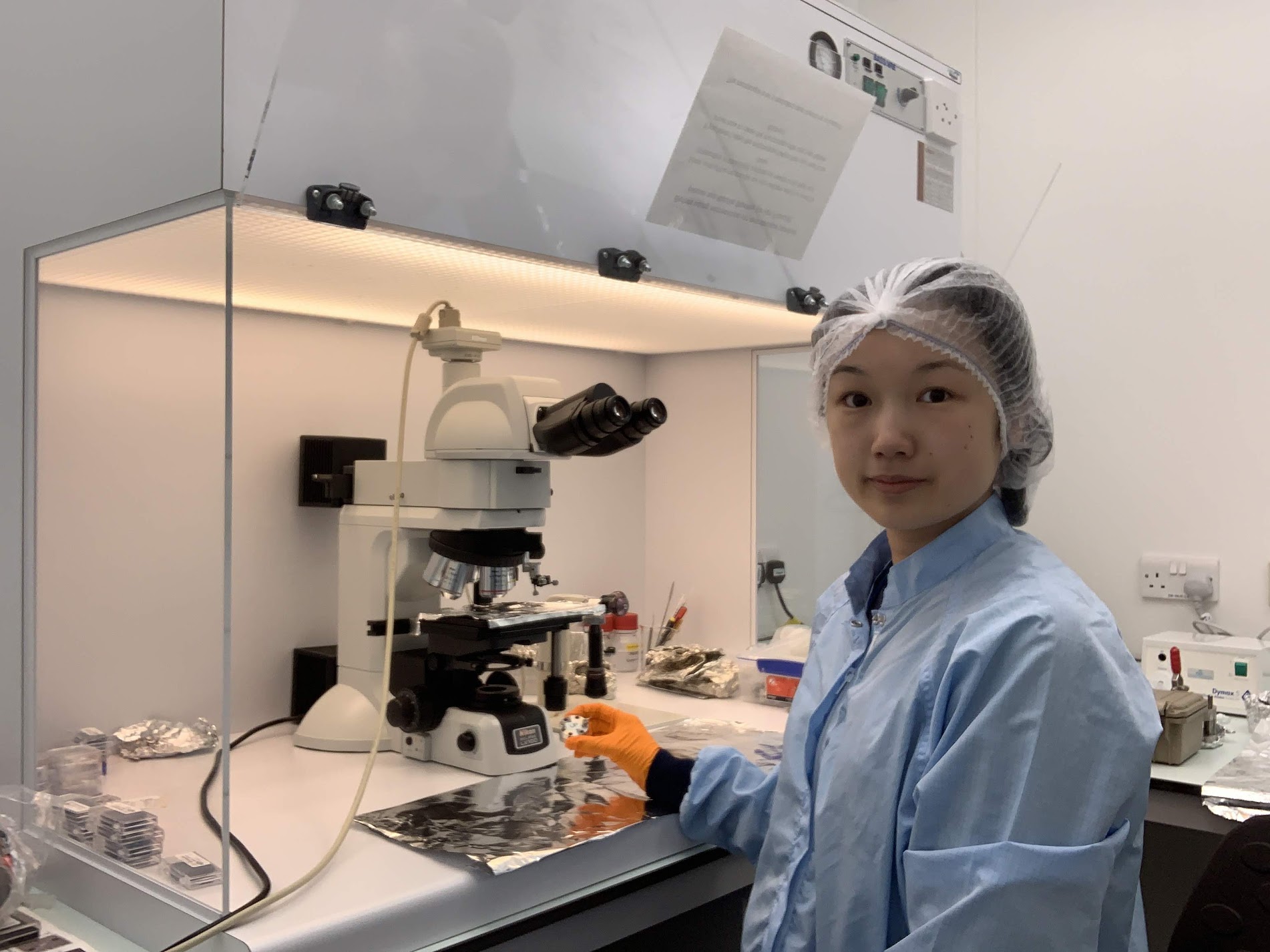
OU scientists discover extra-terrestrial organic compounds on asteroid from space
A paper has just been published in the renowned science journal SpringerNature which highlights just how ground breaking our OU scientists are. The report looks into the painstaking analysis undertaken on particles from the Hayabusa space mission, that set off in 2003 and returned to Earth in 2010, after taking samples from asteroid Itokawa. Using […]
Read more about OU scientists discover extra-terrestrial organic compounds on asteroid from space
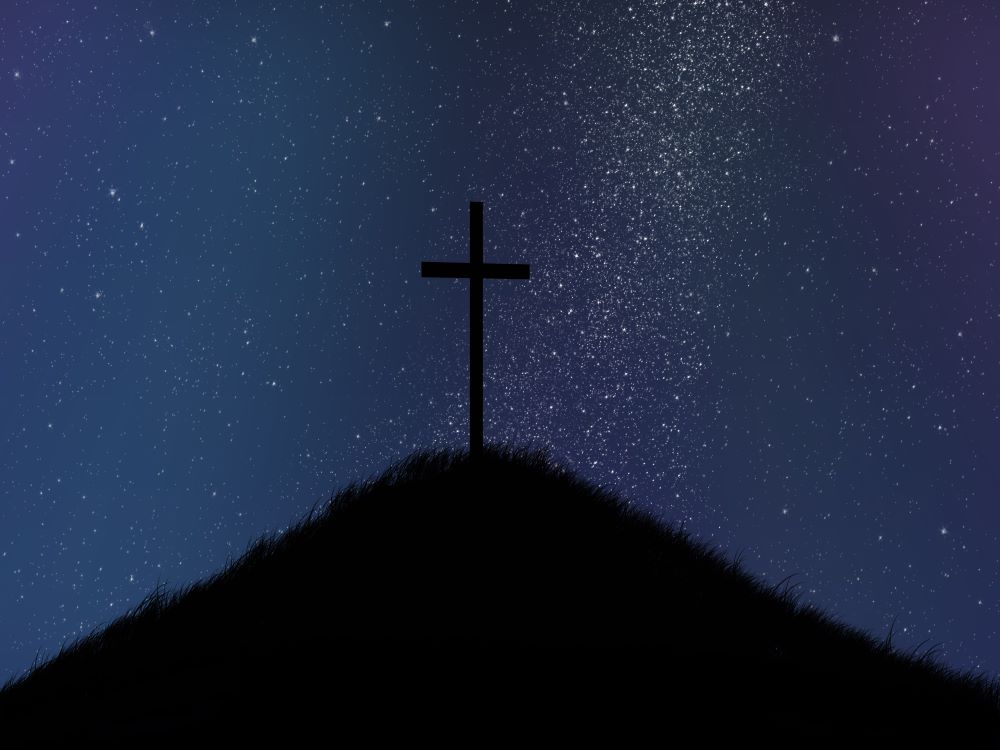
Can the laws of physics disprove God?
Monica Grady, professor of planetary and space sciences at The Open University, discusses how the laws of physics might disprove God, as part of The Conversation’s ‘Life’s Big Questions’ series. I still believed in God (I am now an atheist) when I heard the following question at a seminar, first posed by Einstein, and was […]
Page 3 of 17